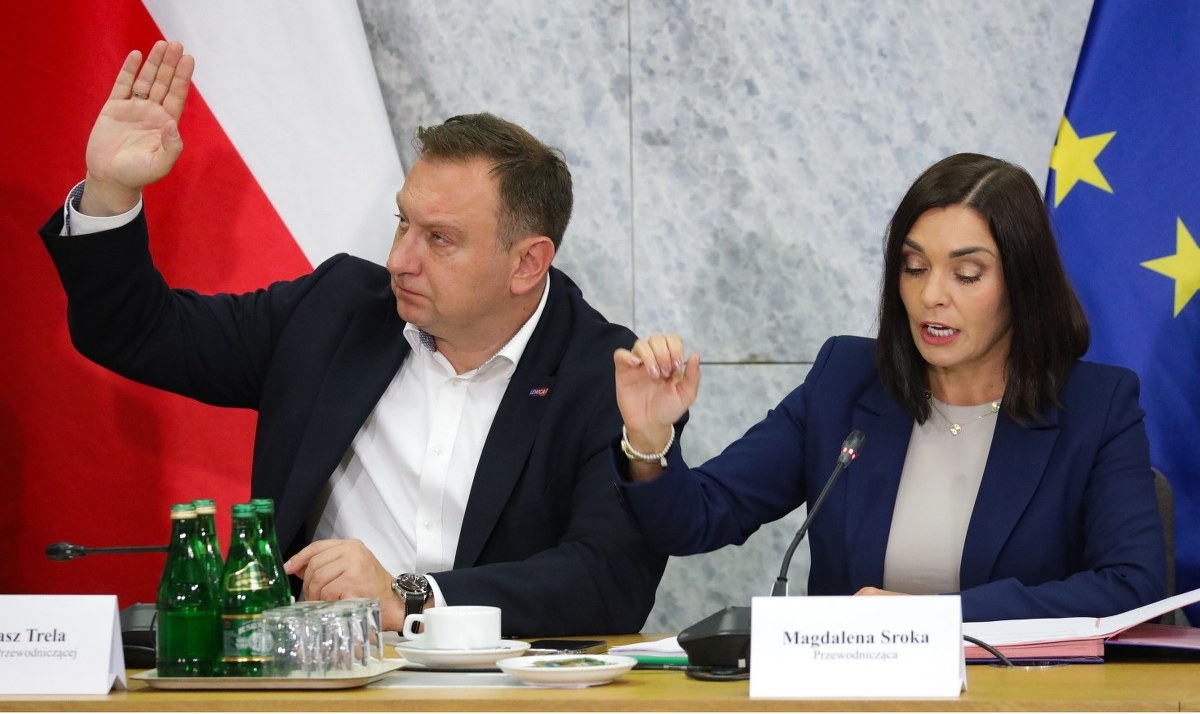Sixteen-year-olds will be able to vote in the next general election for the first time, ministers have confirmed as part of sweeping plans to "modernise our democracy". The announcement marks the biggest reform to Britain's electoral system since the voting age was lowered to 18 in 1969.
Labour's manifesto committed the party to lowering the voting age for parliamentary elections to 16, bringing it in line with Scottish and Welsh elections. But plans announced on Thursday go much further in an effort to increase participation across the board.
Automated registration plans unveiled
Ministers have proposed introducing automated voter registration, which is already used in Australia and Canada, alongside making UK-issued bank cards an accepted form of ID at polling stations. The Ministry of Housing, Communities and Local Government said "far too many people" had been put off voting by the voter ID rules introduced by the previous government.
The Electoral Commission found around 750,000 people did not vote due to a lack of ID. The Government has already made the Veteran Card an accepted form of voter ID and intends to allow digital forms of ID when they become available.
Rayner promises democratic renewal
Deputy Prime Minister Angela Rayner said: "For too long public trust in our democracy has been damaged and faith in our institutions has been allowed to decline. We are taking action to break down barriers to participation that will ensure more people have the opportunity to engage in UK democracy, supporting our plan for change, and delivering on our manifesto commitment to give 16-year-olds the right to vote."
Thursday's plans will also see a tightening of the rules on campaign finance aimed at barring "shell companies" from donating to political parties. The proposals require more checks on donations to unincorporated associations, which transparency campaigners have warned can obscure the real source of political donations.
Electoral Commission gains new powers
The Electoral Commission will be given the power to levy £500,000 fines on those who break the new rules on donations. Rushanara Ali, the minister for democracy, said: "We are modernising our democracy so that it is fit for the 21st century."
She added: "By reinforcing safeguards against foreign interference, we will strengthen our democratic institutions and protect them for future generations." The proposal follows concern about the vulnerability of UK politics to donations from overseas, which came to prominence amid reports Elon Musk was considering a major donation to Reform UK.
Record election spending revealed
The announcement comes as the Electoral Commission reported spending at last year's general election hit a record high of £94.5 million, including £69.3 million spent by political parties. Labour outspent its rivals, shelling out £30 million during the campaign, more than twice the amount it spent in 2019.
The Conservatives spent £23.9 million and the Liberal Democrats £5.6 million. Reform spent £5.5 million, the Greens £1.7 million and the SNP £799,000.
Tougher sentences for intimidation
Thursday's plan will see the Government bring forward legislation to introduce its new rules, which also include tougher sentences for people who intimidate candidates amid a rise in reports of abuse aimed at those standing for election. Harry Quilter-Pinner, executive director of the IPPR think tank, said the changes were "the biggest reform to our electoral system since 1969".
He said: "Barely half of people voted in last year's general election. Our democracy is in crisis, and we risk reaching a tipping point where politics loses its legitimacy." Arguing that lowering the voting age and introducing automated voter registration could bring 9.5 million more people into the democratic process, he said: "At a time when public trust in politics is at a low ebb, this expansion of our democracy is a vital step toward rebuilding confidence, modernising our institutions and pushing back against the rise of populism."
(PA) Note: This article has been edited with the help of Artificial Intelligence.








